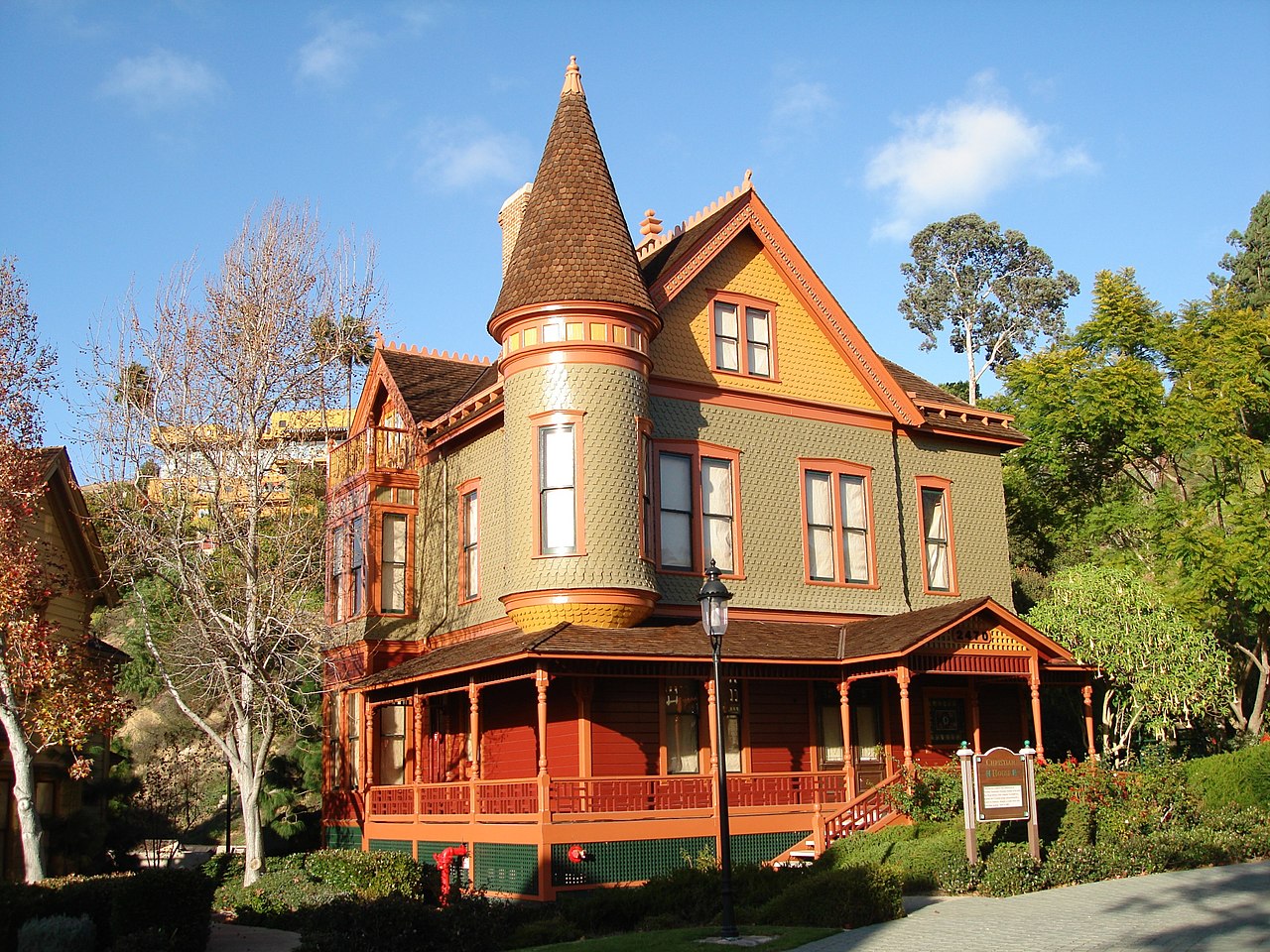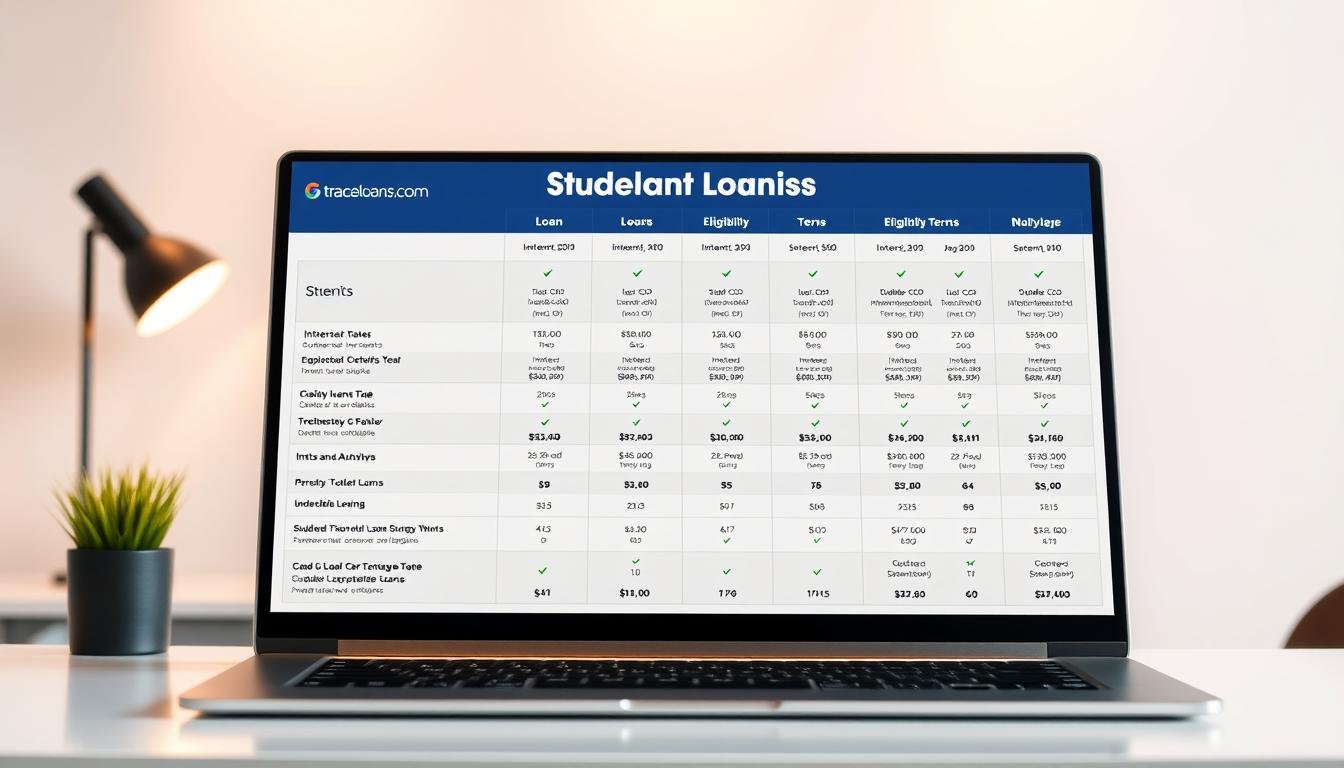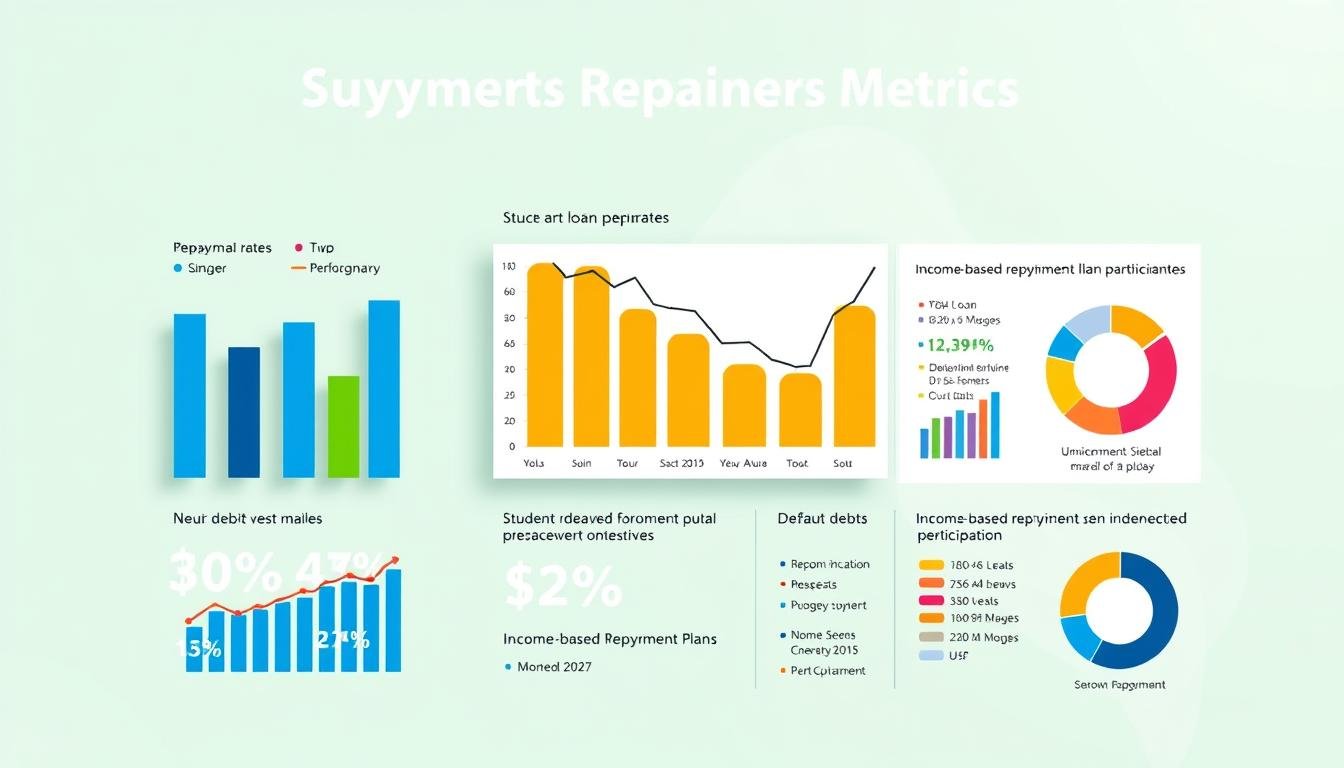Buying a townhouse can be a smart and affordable choice for many homebuyers. It offers the benefits of homeownership without the burden of maintaining a large property.
If you’re considering purchasing a townhouse, you’ll want to make informed decisions. In this guide, we’ll provide you with essential tips and expert advice on how to buy a townhouse. From understanding the costs involved to knowing what to look for in a property, we’ll cover everything you need to know.
Townhouses offer a unique blend of affordability, low maintenance, and community living. So, let’s dive into the key aspects of buying a townhouse and help you make the best choice for your needs.
Table of Contents
Introduction To Buying A Townhouse
Buying a townhouse is an exciting journey. It offers a blend of single-family home and condo living. This guide provides essential tips and expert advice for purchasing a townhouse.
Understanding The Appeal Of Townhouses
Townhouses offer several benefits:
- Affordability: Generally cost less than single-family homes.
- Greater Ownership: Includes both interior and exterior ownership.
- Less Maintenance: Shared maintenance reduces upkeep.
- Shared Amenities: Access to pools, clubhouses, and walking trails.
These features make townhouses an attractive option for many buyers.
The Purpose Of This Guide
This guide aims to help you navigate the townhouse buying process. It covers:
- Hiring an Agent with Townhouse Experience: Ensure your agent knows local communities.
- Getting Preapproved for Financing: Preapproval confirms your budget.
- Understanding HOA Fees: Review documents and fees to avoid surprises.
- Shopping for the Best Mortgage Rate: Compare rates to save money.
- Getting a Home Inspection: Inspect both interior and exterior thoroughly.
Expert Tips on How to Buy a Townhouse
Following these tips can make your townhouse buying experience smoother and more successful.
Tip 1: Assess Your Financial Situation
Buying a townhouse is a significant financial commitment. Before diving into the process, it’s crucial to evaluate your financial health. This ensures you can comfortably afford your new home without straining your budget.
Budgeting For A Townhouse
Start by setting a realistic budget. Consider all the expenses associated with owning a townhouse. This includes the purchase price, property taxes, and homeowners association (HOA) fees. You can use online calculators to get an idea of your monthly payments.
Here is a simple table to help outline your budget:
| Expense | Estimated Cost |
|---|---|
| Purchase Price | $380,668 |
| Property Taxes | Varies by location |
| HOA Fees | $200 – $400 per month |
Keep your budget flexible to accommodate unexpected costs, such as repairs or upgrades.
Understanding Mortgage Options
Research various mortgage options to find the best fit for your financial situation. Common mortgage types include:
- Fixed-Rate Mortgage: Stable interest rates and predictable monthly payments.
- Adjustable-Rate Mortgage (ARM): Lower initial rates that adjust over time.
- FHA Loan: Government-backed loans with lower down payment requirements.
- VA Loan: Special loans for veterans with favorable terms.
Compare rates from different lenders to get the best deal. A lower interest rate can save you thousands over the life of your loan.
Saving For A Down Payment
A significant down payment reduces your mortgage amount and monthly payments. Aim for at least 20% of the purchase price to avoid Private Mortgage Insurance (PMI).
Here are some tips to save for a down payment:
- Create a dedicated savings account for your down payment.
- Set up automatic transfers to ensure consistent savings.
- Cut unnecessary expenses to increase your savings rate.
- Consider additional income streams, like part-time work or freelancing.
Savings can take time, but a larger down payment provides better financial stability and purchasing power.
Tip 2: Research The Market
Buying a townhouse can be an exciting venture. To make a wise investment, researching the market is crucial. This ensures you get the best value for your money. Dive into market trends, identify ideal locations, and compare townhouse prices.
Analyzing Market Trends
Understanding current market trends helps predict future property values. Look for data on sales volume, median prices, and demand in your target area. Check if the market is experiencing a rise or decline in prices. This information can guide your purchase decision.
| Market Trend | Description |
|---|---|
| Sales Volume | Number of townhouses sold in a given period. |
| Median Prices | Average selling price of townhouses. |
| Demand | Level of buyer interest in the area. |
Identifying Ideal Locations
Location plays a significant role in the value and enjoyment of your townhouse. Identify neighborhoods with good schools, low crime rates, and proximity to amenities like parks and shopping centers. Research the community’s development plans, as new projects can increase property value.
- Good Schools
- Low Crime Rates
- Proximity to Amenities
Comparing Townhouse Prices
Comparing prices ensures you pay a fair amount for your townhouse. Look at the median sale price of townhouses in your desired area. For instance, the median sale price for townhouses is $380,668, while detached single-family homes are $453,734. This comparison helps set a realistic budget and avoid overpaying.
Use online real estate platforms to compare prices. Filter listings by location, size, and amenities to find options within your budget. Create a shortlist and compare features and prices to make an informed decision.
- Research median sale prices in your area.
- Use online platforms to compare listings.
- Create a shortlist of potential townhouses.
- Compare features and prices of shortlisted properties.
Tip 3: Hire A Real Estate Agent
When buying a townhouse, hiring a real estate agent can make the process smoother and more efficient. A professional agent brings expertise, local knowledge, and negotiation skills to the table, ensuring you get the best deal possible.
Benefits Of Working With A Professional
A real estate agent offers several key benefits:
- Market Knowledge: Agents are familiar with local townhouse communities and market trends.
- Access to Listings: They have access to listings not always available to the public.
- Time Savings: Agents handle the legwork, saving you time and stress.
- Expert Guidance: They provide valuable advice and support throughout the buying process.
Choosing The Right Agent
To find the right agent, consider the following steps:
- Research: Look for agents with experience in townhouse transactions.
- Referrals: Ask friends and family for recommendations.
- Interviews: Interview multiple agents to gauge their expertise and compatibility.
- Credentials: Check for relevant certifications and a strong track record.
How Agents Can Negotiate On Your Behalf
Real estate agents are skilled negotiators. They can:
- Get Better Prices: Negotiate the purchase price to fit your budget.
- Handle Repairs: Request necessary repairs or credits after the home inspection.
- Manage Contingencies: Ensure all contract terms are favorable to you.
In conclusion, hiring a real estate agent can streamline the townhouse buying process. Their expertise and negotiation skills are invaluable in securing the best deal.
Tip 4: Inspect The Property Thoroughly
One of the most crucial steps in buying a townhouse is a thorough inspection. This ensures you know the property’s condition and avoid unexpected costs later. A detailed inspection can save you from potential headaches and provide peace of mind.
Importance Of Home Inspections
A home inspection is vital for identifying potential issues. It helps you understand the current state of the property. Inspecting a townhouse thoroughly helps avoid unexpected repair costs after purchase.
- Identifies structural issues
- Reveals hidden damages
- Ensures safety compliance
- Provides negotiation leverage
What To Look For During Inspections
Knowing what to look for during inspections is essential. Pay attention to both the interior and exterior. Even if the HOA handles exterior maintenance, it’s crucial to inspect it.
Here are key areas to focus on:
| Area | What to Check |
|---|---|
| Roof | Check for leaks and damage |
| Foundation | Look for cracks or uneven areas |
| Plumbing | Inspect pipes for leaks or corrosion |
| Electrical | Ensure wiring is up to code |
| HVAC | Test the heating and cooling systems |
| Interiors | Check walls, floors, and ceilings for damage |
Hiring Professional Inspectors
Hiring a professional inspector ensures a thorough examination. They have the expertise to spot issues you might miss. Here’s why you should consider a professional:
- Expertise: They know what to look for.
- Unbiased Opinion: They provide an objective assessment.
- Detailed Report: You receive a comprehensive report of findings.
- Peace of Mind: Ensures you are making a sound investment.
Ensure the inspector you hire is licensed and has good reviews. This step can make a significant difference in your buying experience.
Tip 5: Understand Homeowners Associations (hoas)
When buying a townhouse, it’s crucial to understand Homeowners Associations (HOAs). They play a significant role in your living experience and financial commitments. This section will guide you through the essentials.
What Is An Hoa?
An HOA is a group that enforces rules and manages common areas in a community. They ensure the neighborhood looks good and functions smoothly. HOAs collect fees from homeowners to fund maintenance and amenities.
Pros And Cons Of Hoas
Pros:
- Maintenance: HOAs handle exterior maintenance, landscaping, and repairs.
- Amenities: Access to pools, clubhouses, and walking trails.
- Community Standards: Ensures homes and yards are well-kept, enhancing property values.
Cons:
- Fees: Monthly or annual fees can add up.
- Restrictions: Rules on home modifications, pet ownership, and parking.
- Management: Disagreements with HOA decisions can occur.
Reviewing Hoa Rules And Fees
Before buying, review the HOA documents. Understand the rules and restrictions. Ask for a copy of the latest financial statements and meeting minutes. This will give you insight into the HOA’s financial health and any upcoming projects that might increase fees.
| Aspect | Details |
|---|---|
| Fees | Monthly or annual charges for maintenance and amenities. |
| Rules | Regulations on home modifications, pet policies, and parking. |
| Amenities | Access to pools, clubhouses, and other community facilities. |
| Financial Health | Review financial statements and meeting minutes for insights. |
Understanding HOAs can save you from surprises and help you choose the right townhouse. Always do your due diligence before making a purchase.
Expert Advice For Townhouse Buyers
Buying a townhouse offers an affordable route to homeownership with various benefits. Yet, navigating the process requires careful attention. Here’s expert advice to help you make an informed decision.
Common Mistakes To Avoid
- Skipping the Home Inspection: Even with HOA maintenance, inspect both interiors and exteriors.
- Ignoring HOA Fees: Review HOA documents to avoid unexpected costs.
- Not Getting Preapproved: Preapproval strengthens your offer and clarifies your budget.
Questions To Ask Before Buying
- What are the HOA fees and what do they cover?
- Are there any upcoming assessments? Large assessments can impact your finances.
- What amenities are included? Know what community features are available.
- What is the pet policy? Ensure it aligns with your lifestyle if you have pets.
Long-term Considerations And Investment Value
Assess the long-term investment value of the townhouse. Consider the following:
- Location: Is the area growing? A developing neighborhood can increase property value.
- Community Trends: Research local market trends for townhouses.
- Resale Value: Evaluate the potential resale value based on the property’s condition and location.
Townhouses offer a balance between affordability, low maintenance, and community living. Follow these expert tips to avoid pitfalls and make a sound investment.

Credit: www.kaminskiyhomeremodeling.com
Frequently Asked Questions
What Is A Townhouse?
A townhouse is a multi-floor home that shares one or more walls with adjacent properties. It typically features a private entrance and often includes outdoor space like a small yard or patio.
How Do I Finance A Townhouse?
You can finance a townhouse through a mortgage, similar to other types of homes. Options include conventional loans, FHA loans, and VA loans, depending on your eligibility and financial situation.
Are Townhouses A Good Investment?
Yes, townhouses can be a good investment. They often appreciate in value and can provide rental income if you choose to lease them. Always research the market and location before purchasing.
What Should I Inspect In A Townhouse?
Inspect the townhouse for structural integrity, water damage, pest issues, and electrical systems. Verify that all appliances and fixtures are in working order. Additionally, review any HOA rules and fees.
Conclusion
Buying a townhouse can be a smart investment. Follow these expert tips closely. Hire an experienced agent and get preapproved for financing. Understand HOA fees and compare mortgage rates. Don’t skip a thorough home inspection. These steps ensure a smooth buying process and help you find the perfect townhouse. Happy home hunting! For more detailed guidance, visit How to Buy a Townhouse.











